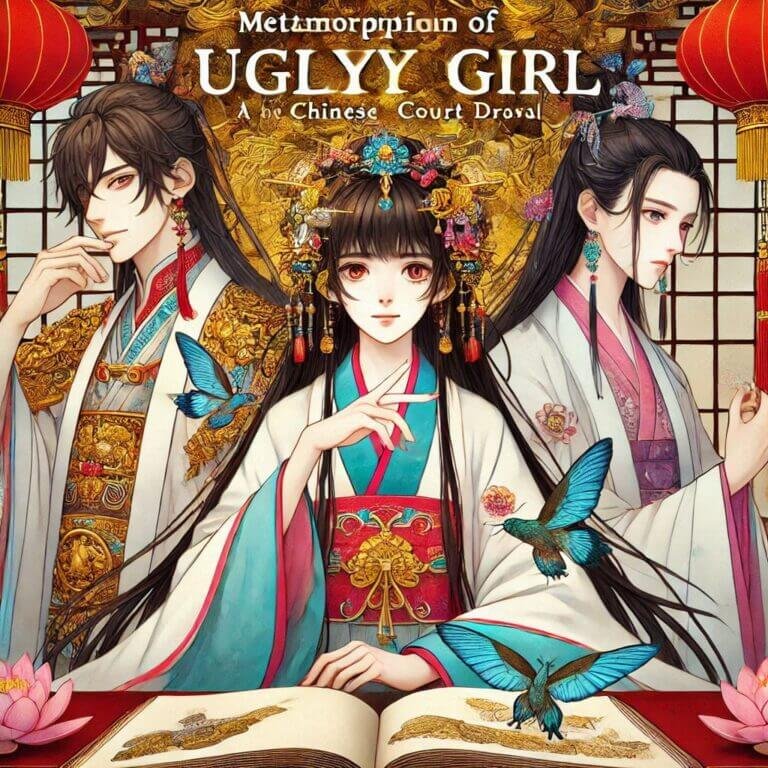Huang Jin Tai
Author: Cang Wu Bin Bai
Synopsis: The notorious court spy and the meritorious general are sworn enemies who can’t stand each other. Unexpectedly, fate takes an unpredictable turn when the general is wounded in battle, becomes disabled in both legs, and is then betrothed by the emperor to his archenemy.
A single imperial marriage decree forces the two mutual enemies to marry and live under the same roof. After living together for a long time, they discover that the other is not as unbearable or unattainable as they initially thought.
A classic ancient-style “marriage before love” story, a 24k sweet narrative.
CP: Notorious powerful minister (top) x Renowned general (bottom)
Work Review: The notorious court spy Yan Xiao Han and the meritorious general Fu Shen are natural enemies and sworn opponents. Unexpectedly, fate intervenes – the general is ambushed on the battlefield, suffers leg disability, and is then married off by the emperor to his enemy Yan Xiao Han.
A single imperial marriage decree forces the mutually hostile pair to marry and live together. As time passes, they discover the other is not entirely worthless or unattainable. The narrative flows naturally, with twists and turns, deeply moving emotions. A ridiculous marriage leads to an absurdly “heaven-made” match, with the general and powerful minister gradually probing and approaching each other. However, the imperial court is full of shifting political currents, with various forces stirring beneath the peaceful surface. How will these opposing sides ultimately unite? As the plot progresses, the protagonists are pushed to a crossroads of destiny, their future uncertain and eagerly anticipated.
Chapter 1 Prologue | A World-Shattering Operation In the 25th year of Yuan Tai, the Eastern Tartars invaded the border, and the Northern Yan Cavalry, together with troops from Tong Jin and Yu Zhou, joined forces at the Wuding River, forcing the prairie cavalry to retreat over 800 li to the Western Autumn Pass.
Although it was near October, this year was plagued by drought, and the further south one went, the hotter it became. The autumn tiger’s heat was unbearably fierce. Near noon, hundreds of elite cavalry who had been riding day and night were exhausted. The lead rider raised his hand to look into the distance, spotting a roadside shelter not far away. He gently pulled the reins, slowing his pace.

